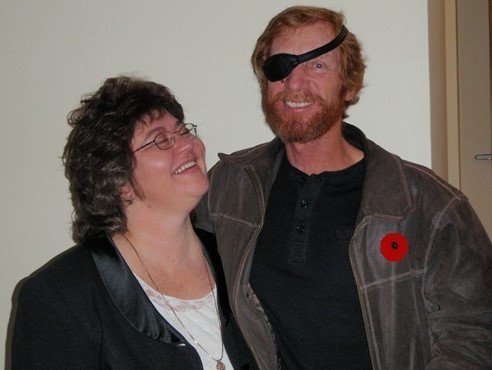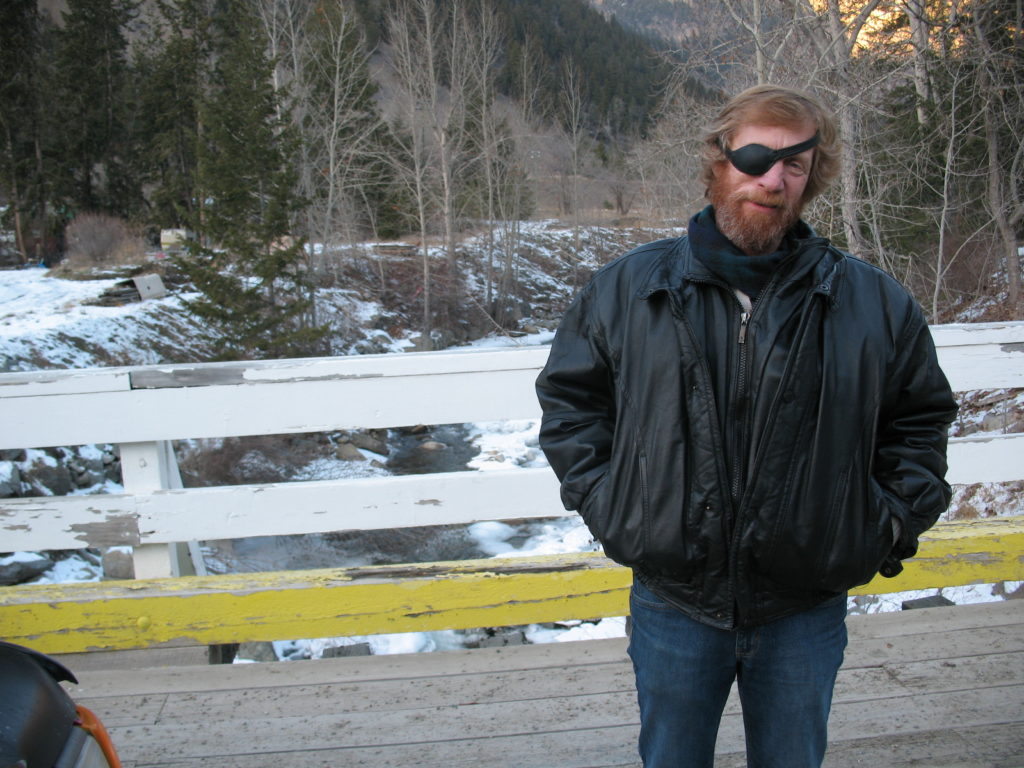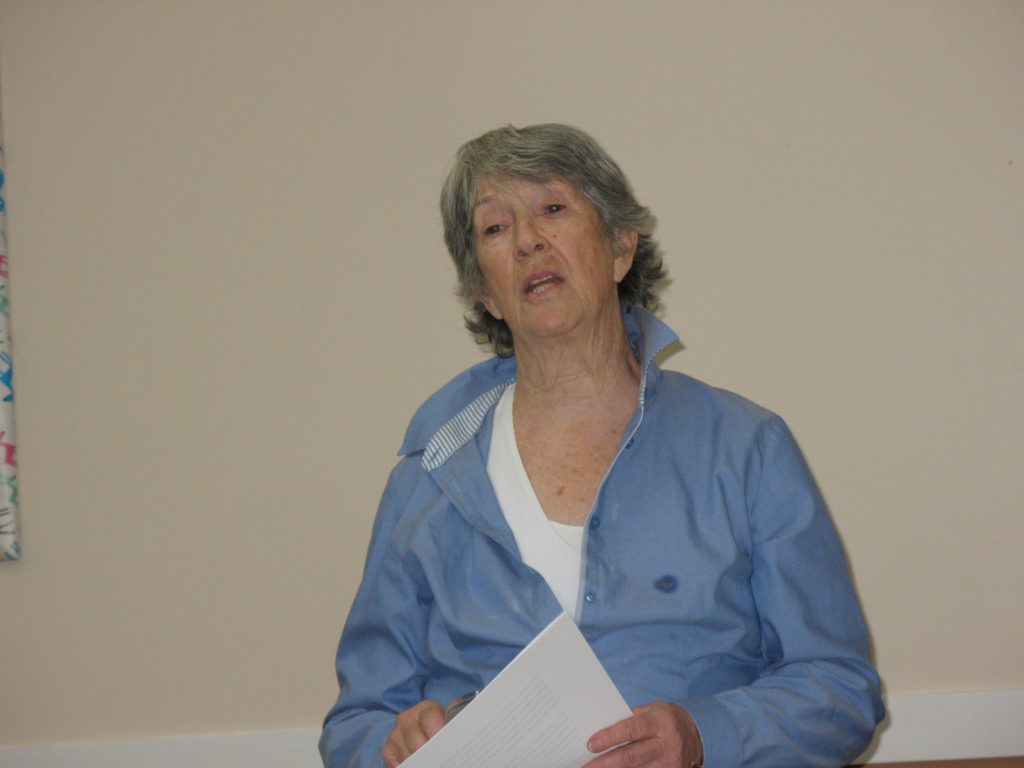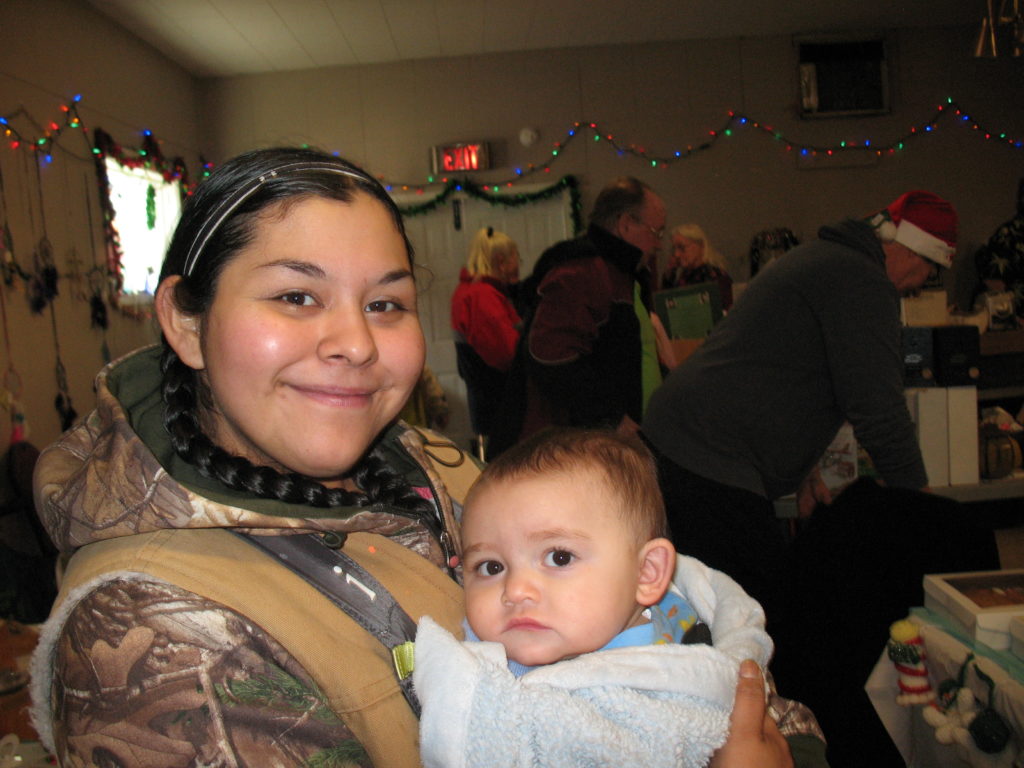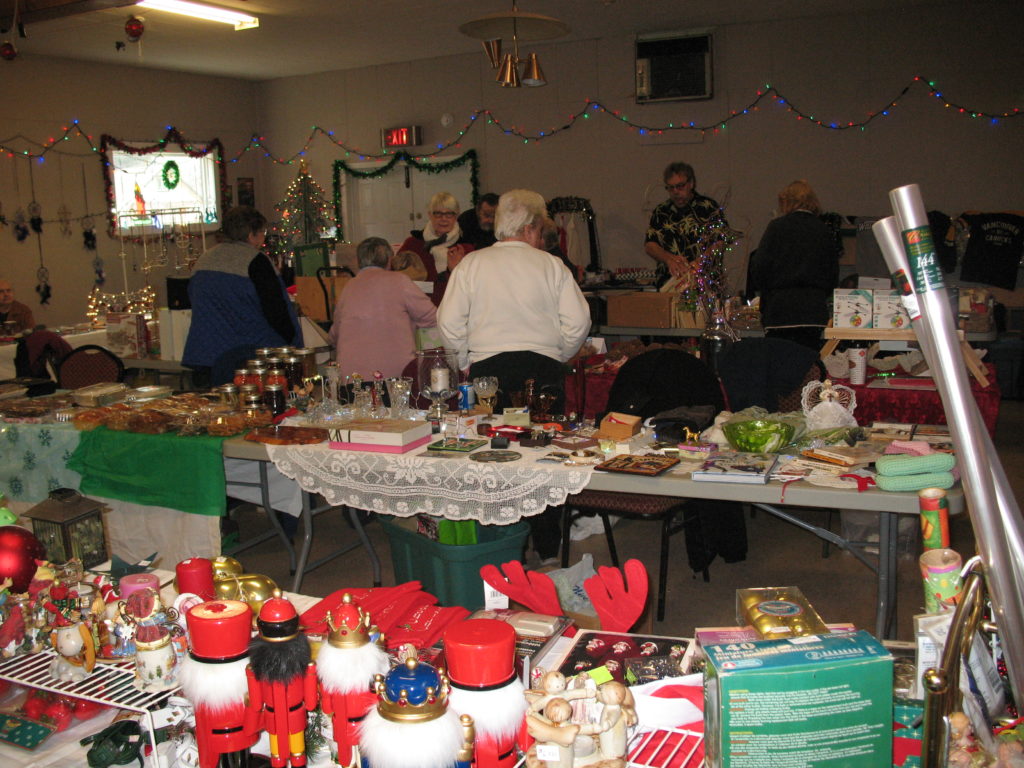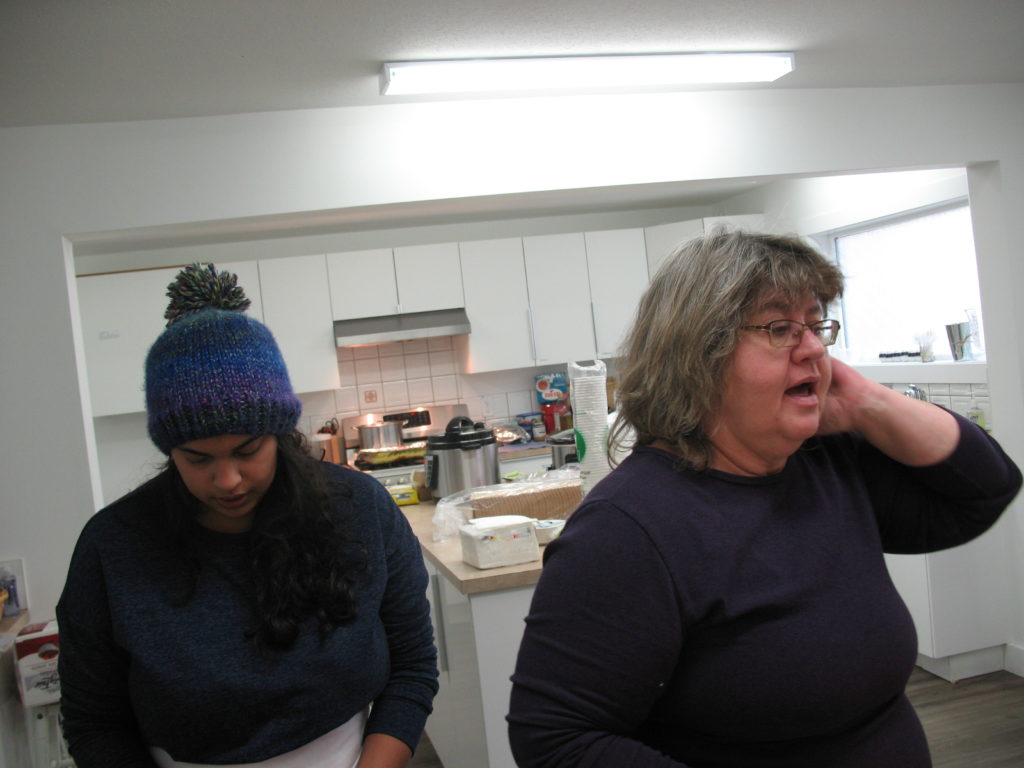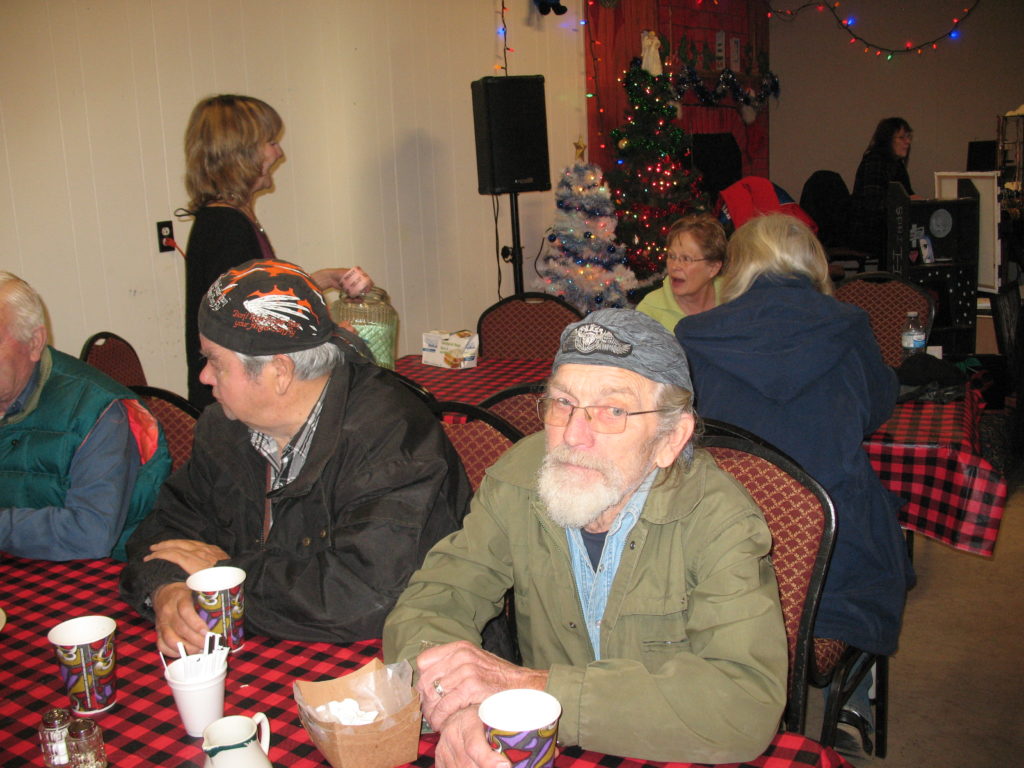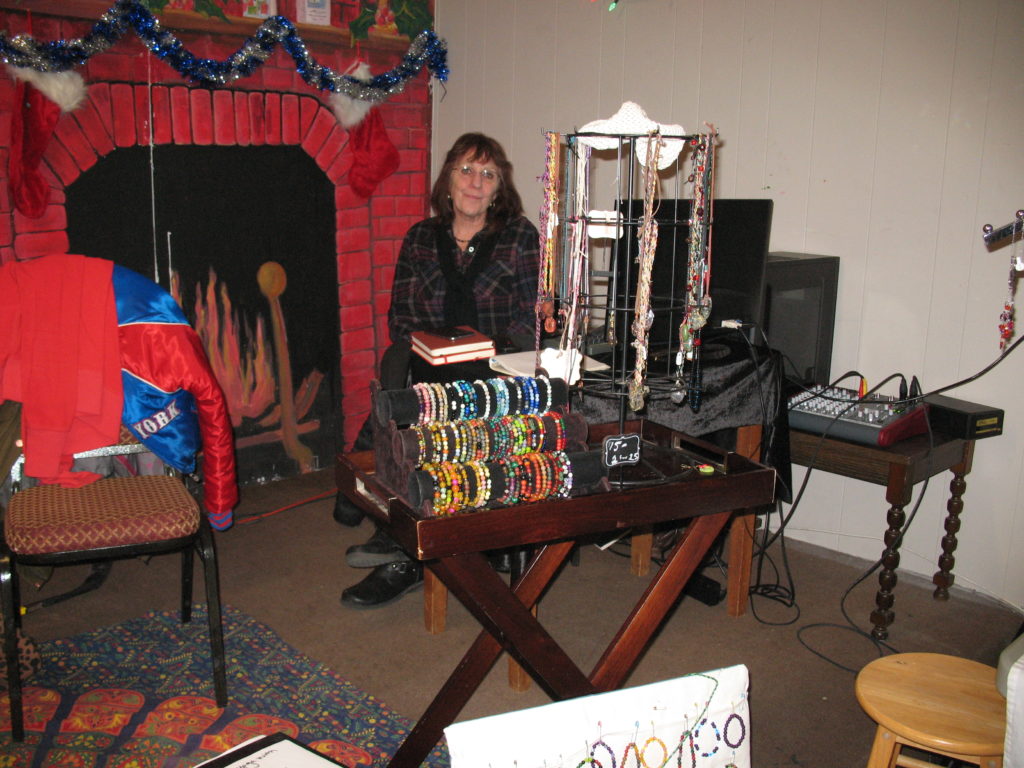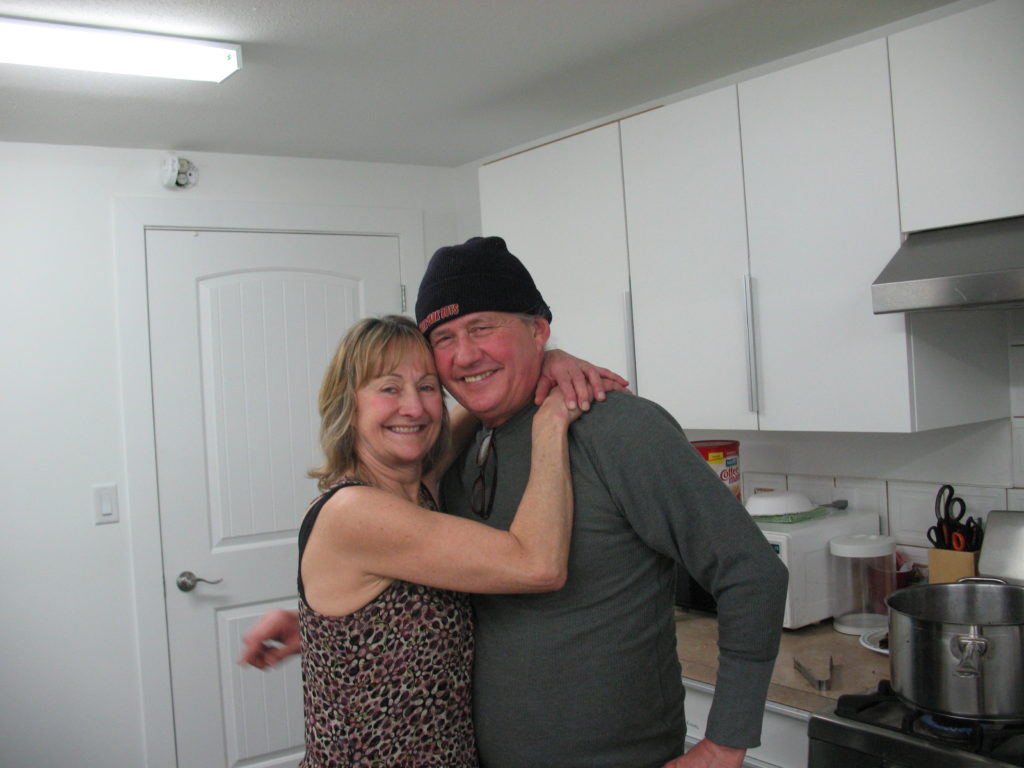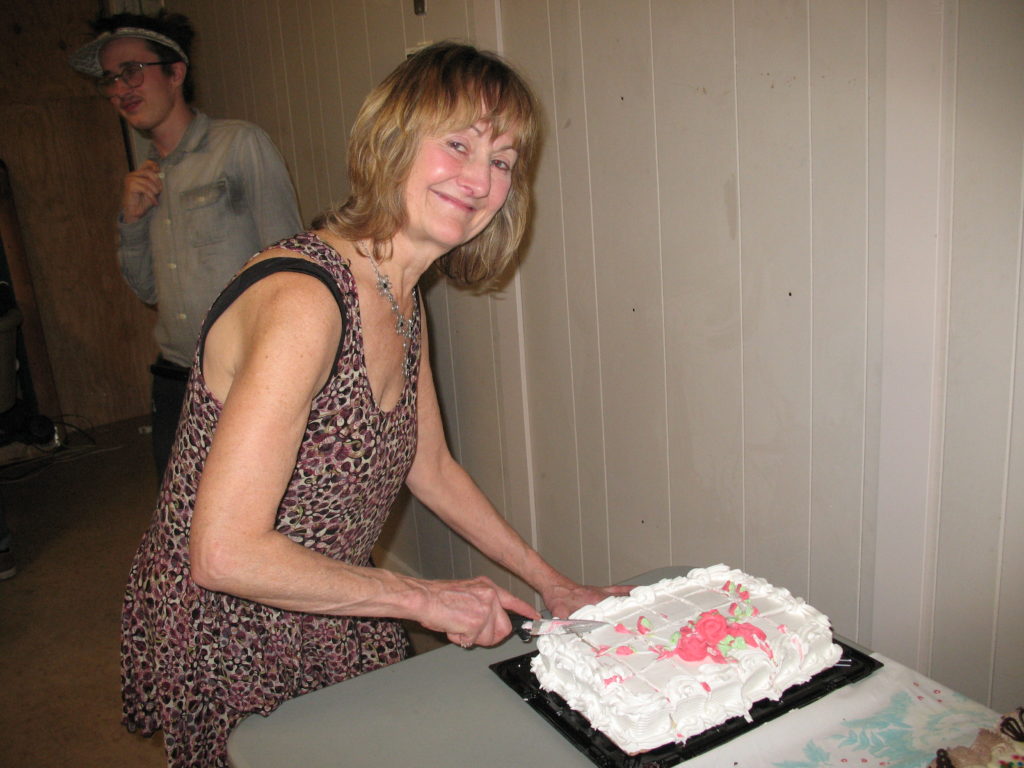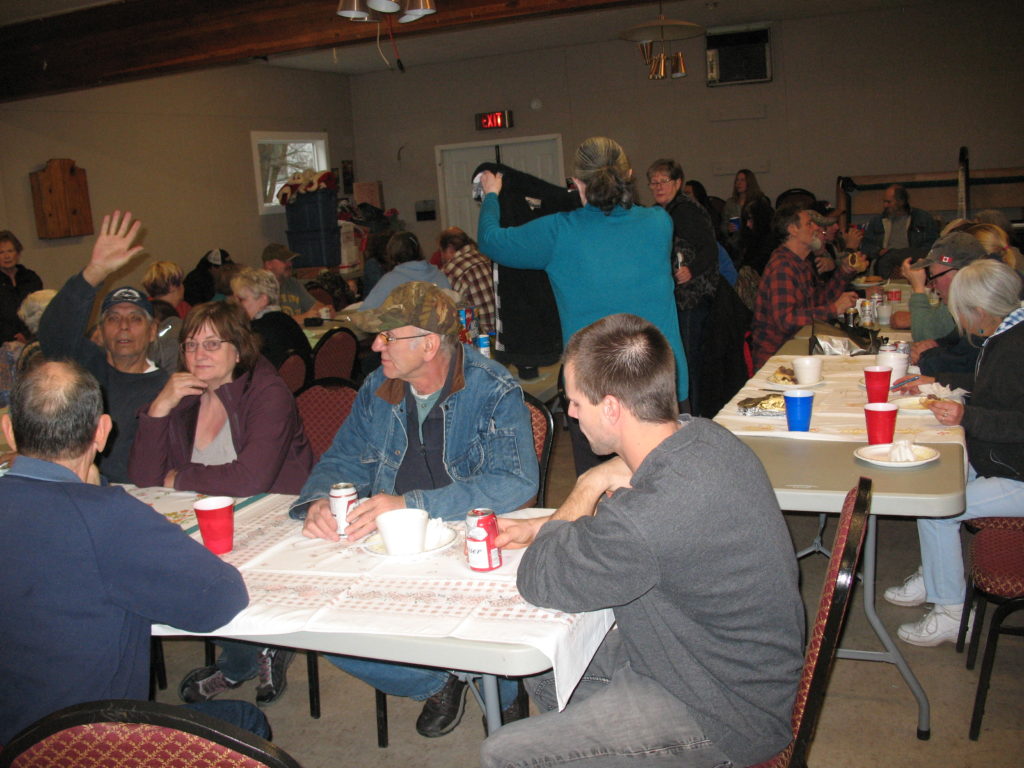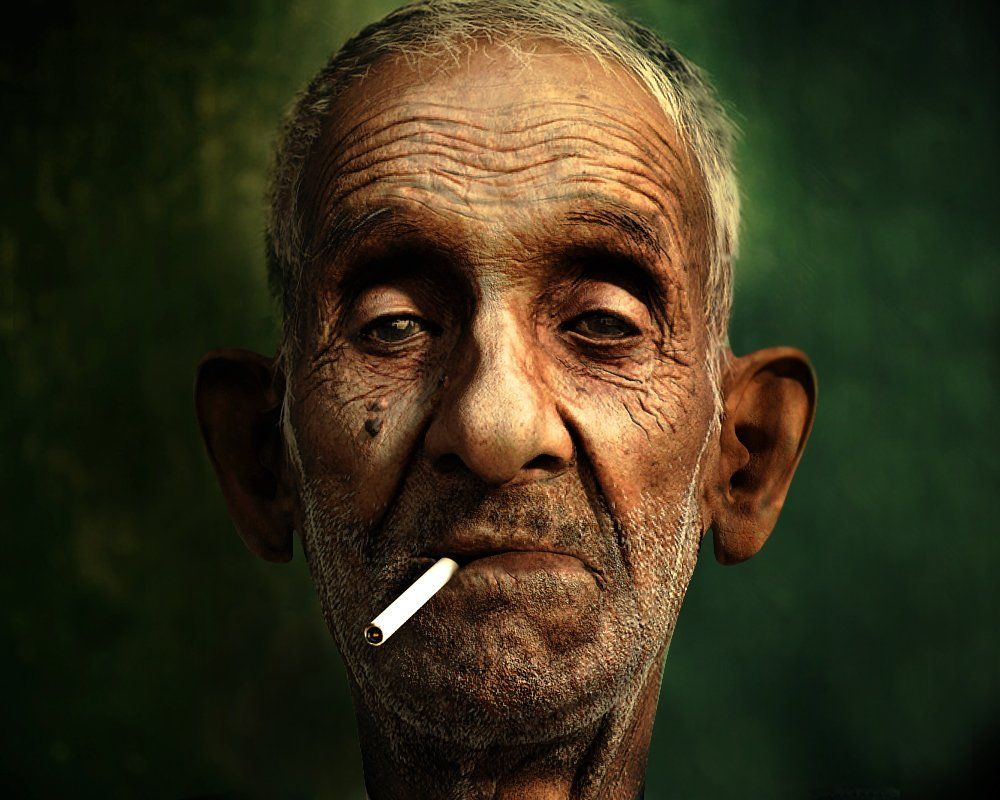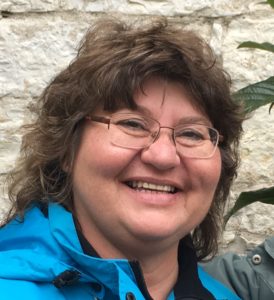
Famed American broadcaster Paul Harvey always ended his news cast with the words, “and now you know the rest of the story.” After I recently wrote about Terry and Cindy Regier’s battle to rebuild their lives following his life threatening aneurysm, their son Jacob said, “Dad told a great story, but he missed 80 percent.” Hearing Cindy’s version subsequently, I felt obligated to follow in Paul Harvey’s footsteps.
“Terry was a big strong man,” Cindy began. “His position as foreman on a railroad section gang required hard physical work. He was 28 and I was 26. We already had 2 sons, three year old Jesse and three week old Jacob. When I received a call telling me he had collapsed on the job and the doctors didn’t know what was wrong, I was scared out of my tree. His boss gave me a ride to Calgary in his pick-up. I left Jesse with our good friends and took along my newborn.”
Terry was in a Calgary hospital for 2 months, then after 6 weeks at home was returned to the hospital for brain surgery. Blood was getting into his brain. He had lost his balance, coordination and memory. “He didn’t recognize me or our 2 sons. Three times they called me to come in because they said he might not survive this one. There were a lot of tears.”
Terry and Cindy’s dream was to own a farm and they had just made an offer on a quarter section north of Edmonton. “When the lawyer came to the hospital with the paperwork, Terry could sign it only with an X.”
We lost friends. “Some people didn’t believe Terry would ever recover. They urged me to leave him. Social services would help financially only if I divorced him and sold the farm. I wouldn’t consider that.” While Terry was still in the ICU, the doctors told her he might never be able to function on his own again and she should check out other care options. She followed their advice but decided this would hinder his recovery.
“I couldn’t accept that Terry didn’t remember me or the boys,” she said. “One day I told the nurses in ICU I wanted them to have him sitting in a chair when I came in. I dressed up the way I had when we were still dating and going to dances. The nurses were upset when I brought the boys into the ICU, but I insisted. I wanted to spur him on.”
She placed Jesse on Terry’s knee but the child sensed something wasn’t the same about his father. She then helped Terry hold Jacob. “I watched his face and a light came on in his eyes. He seemed to realize he had reason to move ahead.”
Their circumstances continued to be bleak. “We lived on $500 a month. Local Ukrainian ladies taught me how to make cottage cheese. I sold it and also cream. The farm provided meat, eggs, vegetables and milk.”
Terry became very depressed when they sent him home. His father had taught his sons to be independent. Now he was in a wheelchair. He had to start over.
There were some rays of hope. Cindy was encouraged by a plaque in the home of Terry’s mother. It said, “Put a little fence around today. God will help you with today. Don’t worry about tomorrow.”
Her grandmother was a huge source of strength. “She got married at age 16 and bore 11 children. They homesteaded in Manitoba in the horse and buggy days. She told me, ‘You married a good man and he’s still a good man. Straighten your spine.’ She called and visited me often. Her support and my faith helped me get through this time.”
Terry had a strong will. When he saw Jacob roll over for the first time, he said, “before this boy crawls, I will be walking.” In time, with unrelenting perseverance he regained his ability to walk. Cindy became equally gritty, holding the family together, encouraging Terry, helping with the farm work and embarking on a nursing career.
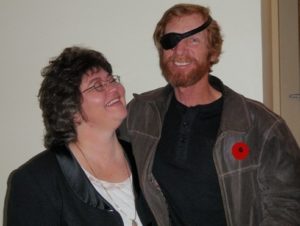
Except for a black pirate’s patch over one eye to prevent double vision, Terry has largely recovered. Today he and Cindy are contributing members of the Hedley community. “The experience has made us stronger,” Cindy said, “especially in our marriage, family and faith.”
And now you know the rest of the story.

